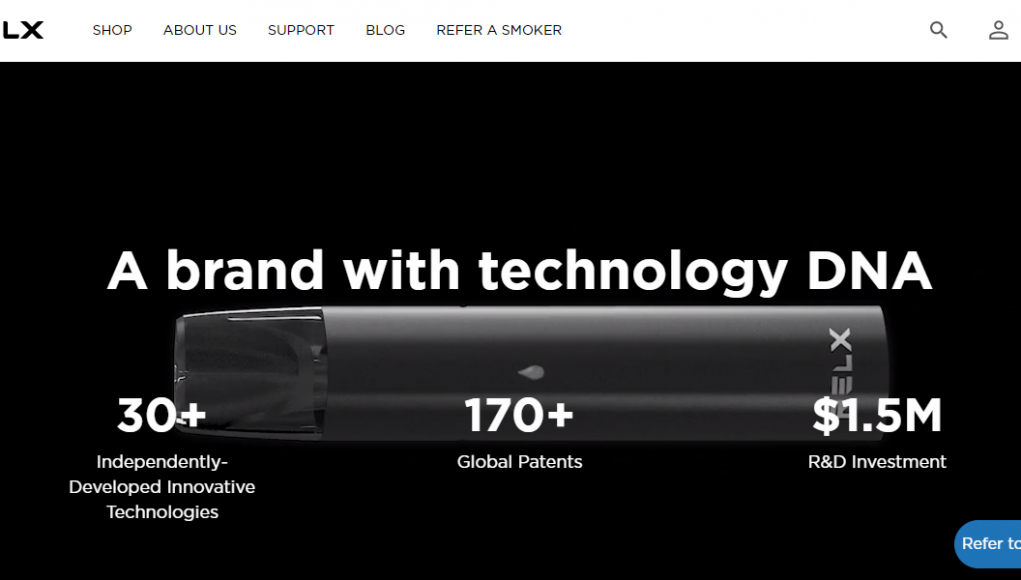Relx explained that the new bioscience laboratory will be studying the health effects and short- and long-term behavioural impacts of e-cigarettes, as compared to traditional cigarettes, using 3D printed models of human lungs. The research team will be also examining the impact of the Relx products on animal cardiovascular, respiratory and nervous systems, by testing on mice.
“The Relx bioscience lab’s mission is to explore the unknown,” Wen said at a press conference on Thursday. “We want to collect evidence through a scientific approach and strive to prove the potential for e-cigarettes to be less harmful, and in doing so, provide users with the option to choose an alternative.”
The Relx device is manufactured by Shenzhen-based Smoore International Holdings. “As an innovative product, it’s inevitable that e-cigarettes face many doubts from the start,” Wang said at the press conference on Thursday. “Many characteristics haven’t been answered scientifically, and that’s why we decided to advance to science.”
The regulatory atmosphere in China
A statement released by Chinese regulators in November 2019, had explained that e-cig regulations were to be set in place with the aim of protecting teens from having access to vaping products.
Later that month, a newly released directive ordered online shopping platforms to remove e-cigarette products from their sites. This measure was set in place in response to all the scrutiny faced by vaping products, as a result of the EVALI outbreak in the US. Juul products had already been taken off Chinese e-commerce sites Tmall and JD.com, the previous September.
Meanwhile, vape businesses are still operating in a regulatory grey area in China, as there are no nationwide regulations that provide standards for the safe manufacture and sale of the products, in place.
Read Further: South China Morning Post
China’s Vaping Industry Struggles as Local Regulations Tighten












